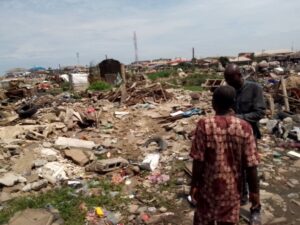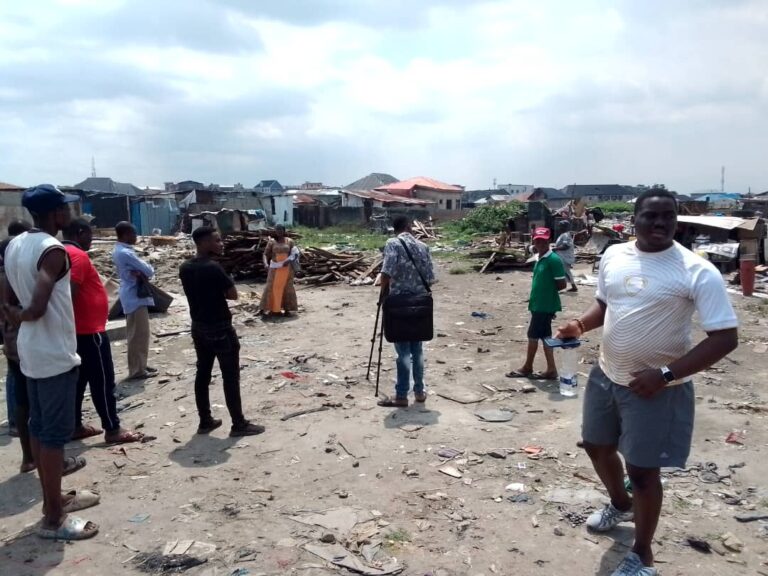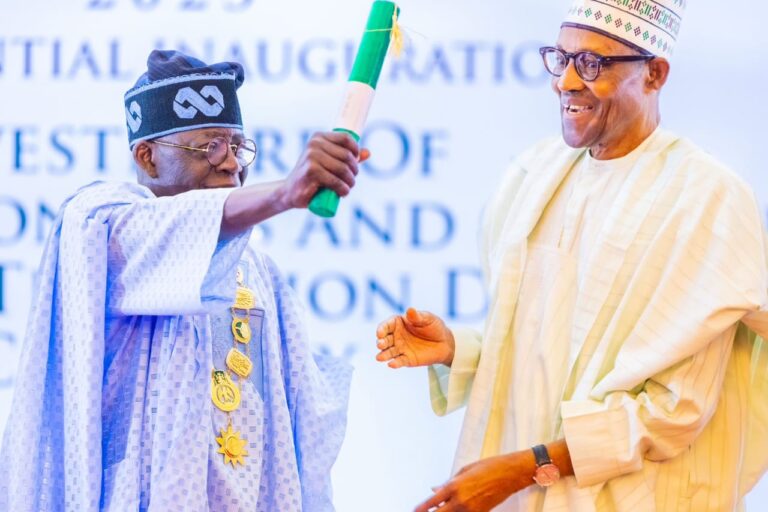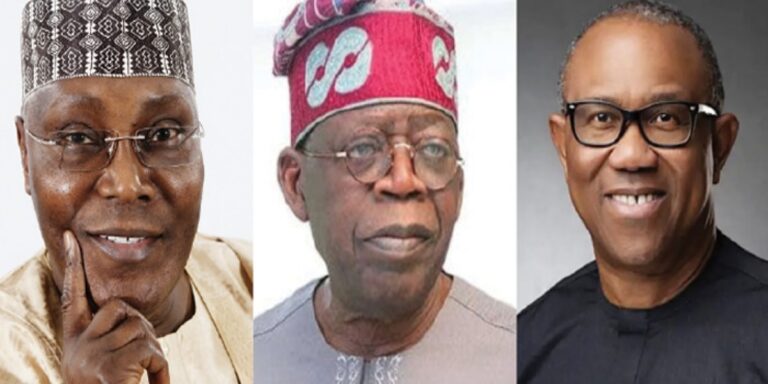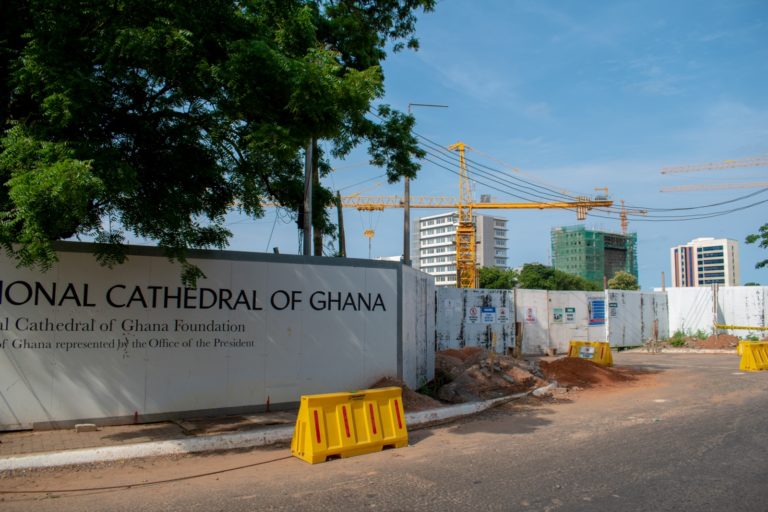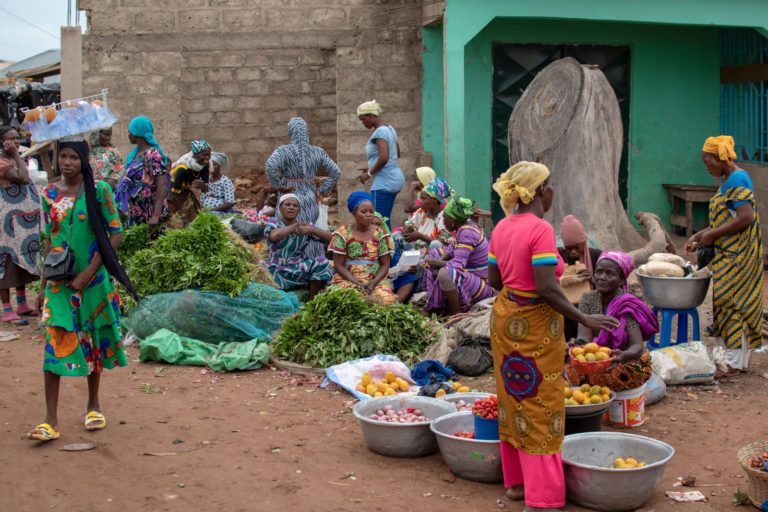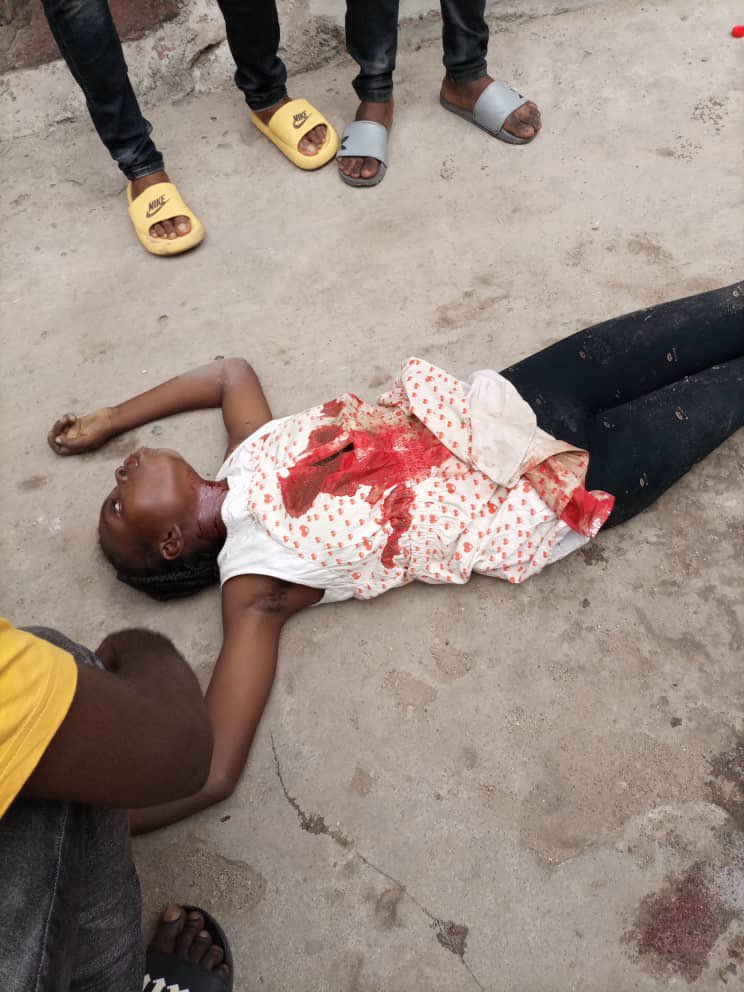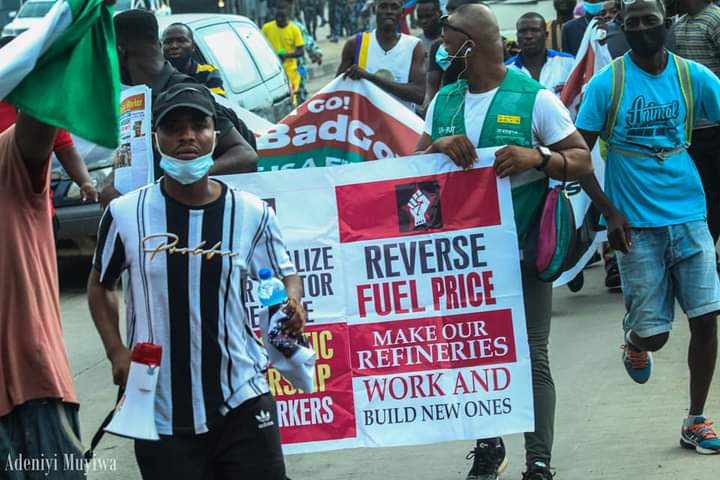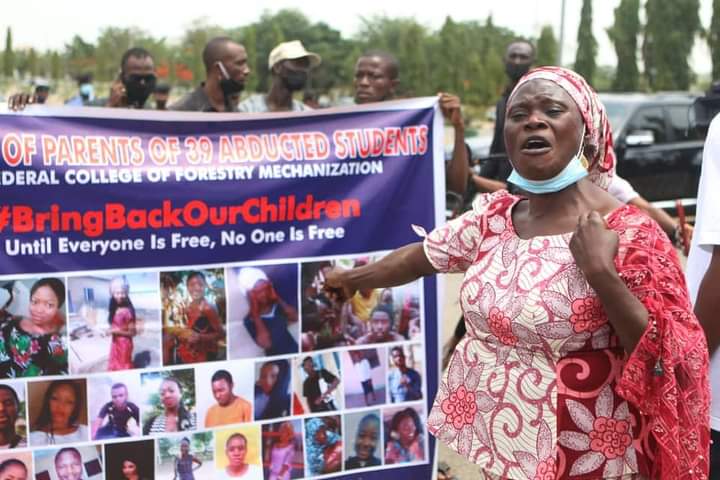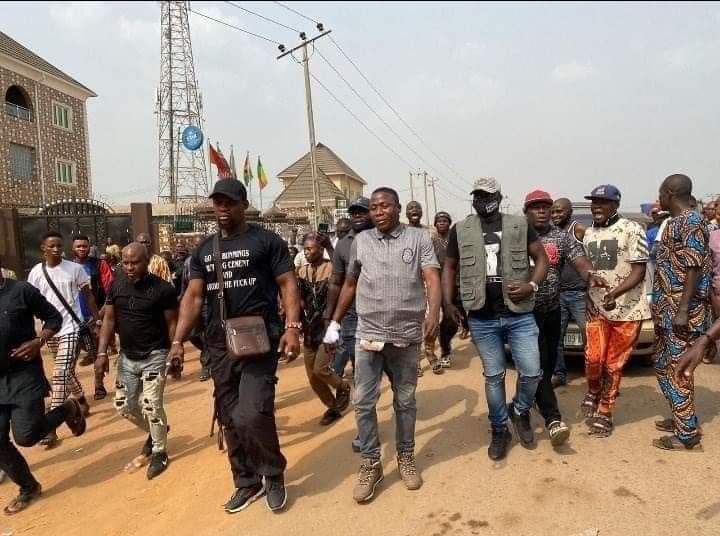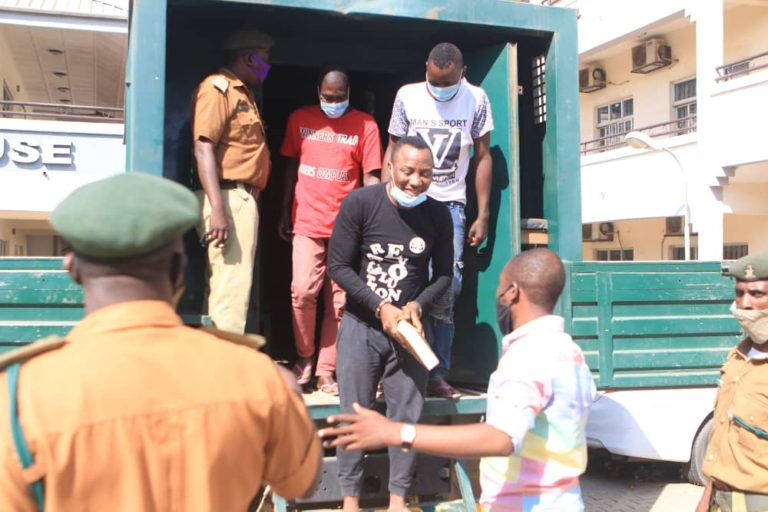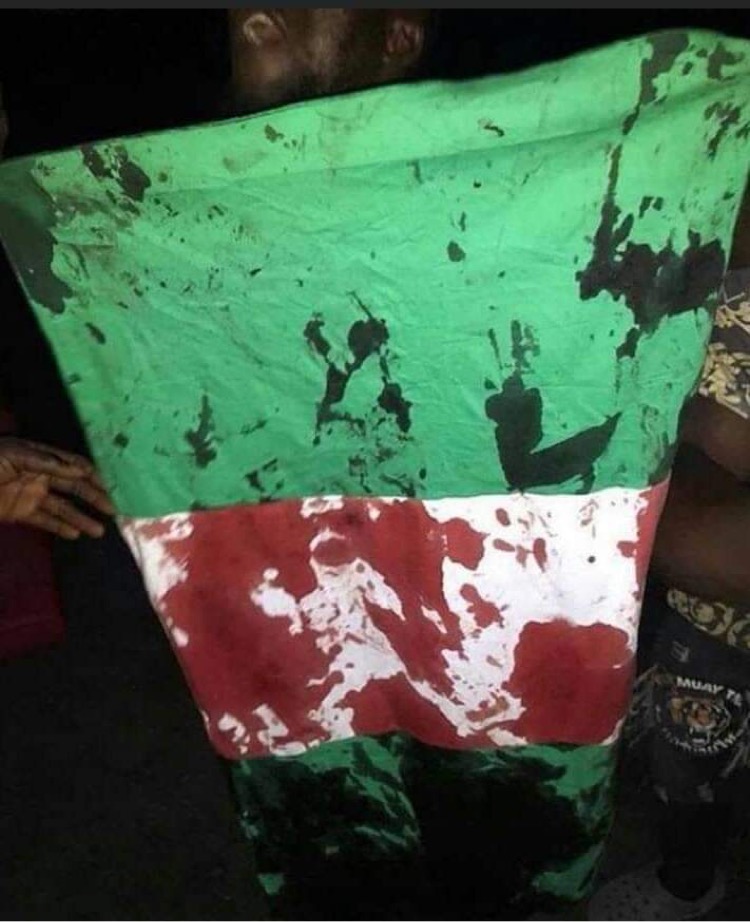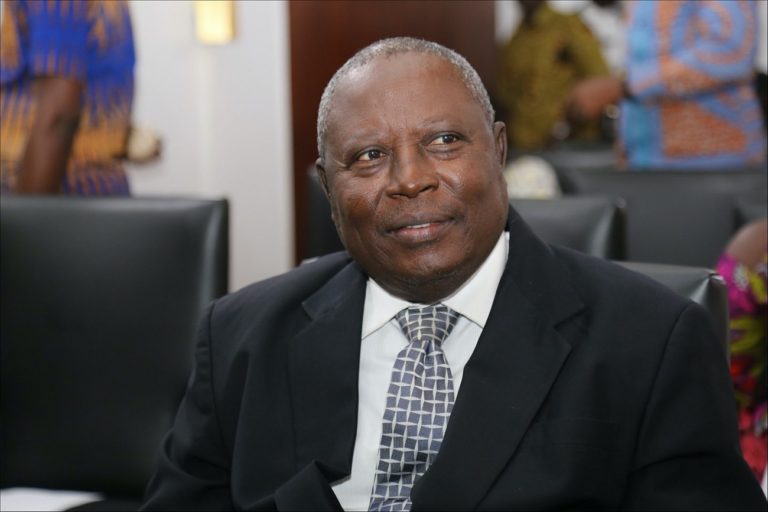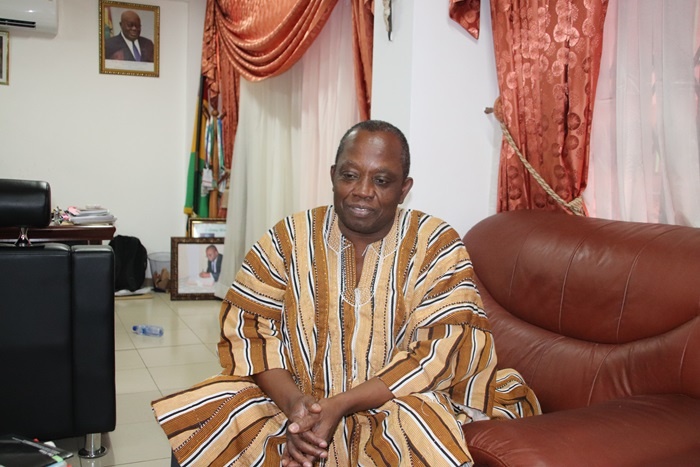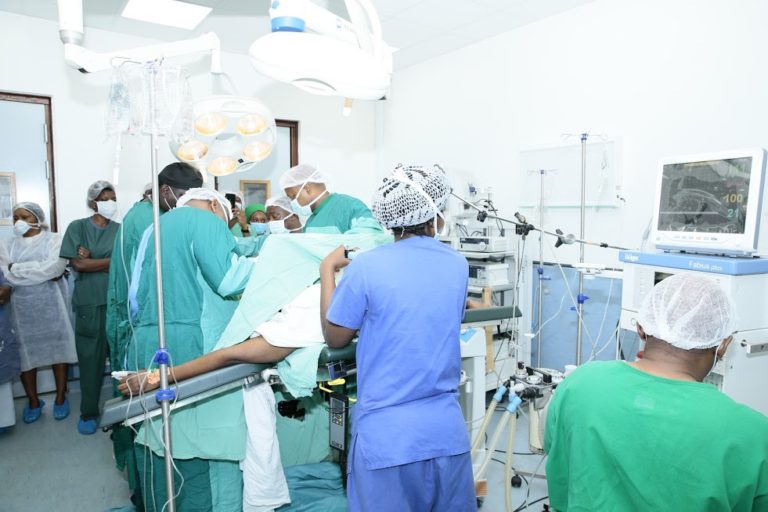Ghana’s Auditor-General, Daniel Domelevo, is currently wallowing in a purgatory fashioned by his vivacious appetite to hound graft. He has been forced on leave for over 150 days. It was effectively a sacking in a bitter episode of state interference in the work of an independent anti-corruption body.
Four years ago Ghana’s President, Nana Akufo-Addo, was in the trenches of opposition. In his sights then-President John Mahama and his National Democratic Congress (NDC); a party with social democrat ideals.
Mahama’s bid to hold on to power was on its last legs. The weight of history was against him given past election trends (no party has been in power for three successive terms). But the power crisis that devasted the economy was on many people’s minds as well as the flame of perceived corruption fanned by Akufo-Addo’s center-right New Patriotic Party (NPP).
A quick analysis of the NPP’s manifesto showed just how critical the perceived corruption in the Mahama Administration was to the NPP’s strategy. “Corruption” was essentially the NPP’s go-to descriptor when addressing the NDC. Ghanaians bought it.
A few days after his election victory, Akufo-Addo spoke to the BBC and expounded upon his campaign promise to empower a Special Prosecutor to fight corruption; the first in Ghana’s history.
He said the prosecutor’s office would be “independent of the executive” in its mandate to fight government corruption. Ghanaians, high on the wind of change, became even more hopeful.
But the real moment of significance in the corruption fight was to happen days later when defeated President Mahama appointed a new Auditor-General – Domelevo.
After this appointment, the stench of corruption followed. Mahama had put in place a puppet to cover his tracks, some said. Valid sentiments, given the context.
It took about 13 months for the Office of the Special Prosecutor to be set up. Martin Amidu, a seeming one-man mission against graft and an anti-corruption campaigner’s wet dream, was appointed. His moniker, “The Citizen Vigilante”, spoke for itself.
But even before Amidu’s appointment was being crystalized, a shadow of despair became more prominent as it became clear the change voted for was merely a mirage.
The first corruption scandal under Akufo-Addo came as his appointees were being vetted less than a month into his administration. A nominee was accused of bribing members of the vetting committee to ease his approval. The claims were not proven. But unsurprisingly, this nominee was eventually sacked after a corruption scandal in the power sector in August 2018.
Meanwhile, as the months wore on Domelevo was winning the perception war by doing his job and doing it, by all accounts, diligently. As Amidu cut an increasingly frustrated figure, complaining about his lack of resources and government interference, the Auditor General coordinated the inspection of government accounts to uncover rot.
He wielded Article 187 (7) of Ghana’s constitution like the Excalibur; allowing him to disallow illegal expenditures and surcharge offenders. The days of merely complaining to Parliament were over.
Among notable interventions, his office dragged the Ghana Education Trust Fund into the light revealing it illegally funded foreign scholarships. It spent over GHS 425 million on scholarships for 3,112 beneficiaries out of which 2,217 were unlawfully granted.
This led to brilliant but needy students being deprived of scholarships in favor of, in some cases, politicians. Some of these politicians are currently government appointees and moved with haste to explain themselves. It was not a good look for them or the country.
His report highlighted the systemic corruption that feeds the beast of inequality. The callousness of institutions meant to be looking out for persons who had drawn the short straw in life was sickening.
And it speaks to how low the bar is in Ghana that the mere revelation of the rot viewed as a victory. No prosecutions followed. That was beyond Domelevo’s control. Ghanaians also displayed their short memories and the government obliged the apathy in wait for the next scandal to brush off and spin.
Domelevo’s anti-corruption efforts put him in the firing line. Corruption wasn’t going to go down without a fight, some observers said.
This is a sentiment Domelevo shared. “Fighting corruption is dangerous… If you fight corruption, corruption will fight you in whatever way,” he said in November 2019.
At this point, Ghana’s Economic and Organised Crimes Office (EOCO) begun a probe into the alleged procurement malfeasance at Audit Service. But this was a “storm in a teacup” for Domelevo, who challenged the probe in court. His real foil was on the horizon.
The fraught relationship between stalwarts in government and the Auditor General was brought to bear in the scrutiny a deal the Senior Minister’s office had with a UK based company called Kroll and Associates. A 2018 report indicated that Domelevo’s office smelled a rat.
He insisted that there were procurement breaches resulting in payment of US$1 million to the UK firm in 2017 to recover assets from identified wrongdoers, among others, without verifying outcomes.
There was also the persistent failure of Ghana’s Senior Minister, Yaw Osafo Maafo, to provide proof of actual work done, according to Domelevo. He subsequently surcharged the Senior Minister and the four other officials from Ghana’s Ministry of Finance.
The Senior Minister fought back. He held that the Auditor-General erred and sued the Auditor-General.
This court case saw Domelevo embarrassingly found guilty and cautioned on contempt charges because he failed to file some documents in the case. The Senior Minister even pushed for a prison sentence. The optics were terrible and for the first time, it looked like the end was nigh for Domelevo.
Then the most demoralizing blow came. On July 4, 2020, the Auditor-General was asked to proceed on his accumulated leave of 123 working days from the last three years. The crimson in the red flags was blinding, especially since he will be hitting the mandatory retirement age of 60 sometime next year.
Domelevo was to hand over his duties to his deputy. Never one to lay down without a fight, he argued his case. He, for example, noted that in the law that there was essentially no provision for accumulated leave.
More poignantly, he was aware of the fact his work was embarrassing the government and was concerned that the development had “serious implications for the constitutional independence of the office of the Auditor-General.”
After this protest, his leave was extended to 167 working days in a quite petty response from the Presidency. The extra days came from his leave for 2020.
It was no surprise that with Domelevo out of the way, his deputy essentially reversed the surcharge of the Senior Minister. The office said it was now satisfied with documents presented challenging the $1m surcharge. An appeal is in progress and the safest bet will be that the surcharge will be set aside.
The Akufo-Addo administration’s credibility has heavily eroded over the past three years. It is like the fable of the scorpion and the frog. The sting of corruption was inevitable like it has been for past governments.
The President has over his term been labeled “a clearing agent” by the opposition because of the number of officials implicated in acts of corruption who were, well, cleared of the allegations against them.
But the treatment of Domelevo is undoubtedly a new low. The Auditor-General is expected to be independent and without any control by any state agency. He must not be subject to directives from the President. But he has struggled with interference from within and without.
In September 2018, he even had cause to petition the President complaining that his own Board Chairman, who happens to work from the Senior Minister’s office, was interfering in his work.
This move to remove Domelevo becomes even fouler when you consider Ghana is in an election year; notable for overspending and other misappropriations. Then there’s the issue of auditing all these state interventions during the COVID-19 pandemic which have come under scrutiny because of questionable figures. Another safe bet we can make is that a scandal will emerge from it.
Though civil society groups have jumped to his defense, the general citizenry has been largely apathetic to his plight. Even the opposition hasn’t made as much noise about the unconscionable interference in his work. Perhaps the pandemic has clouded our vision.
Everything Domelevo did; boldly speaking out and standing up to callous politicians, the billions of cedis flagged in a bid to plug the numerous corruption-sized leaks, was for Ghana and its people. I wonder how disappointed he is that Ghana did not stand up for him when corruption sent him falling to the canvas. Not a single soul hit the streets demanding the President rescind the decision and that is its own shame.
This murky saga is a reminder that there really is no facsimile for people power in the corruption fight. The fight against corruption will have to be won with a ground-up approach. Officialdom is too compromised or susceptible to fatal salvos from the state.
We have seen protests cause real change; from South Korea to South Africa. Zuma fell because of blatant state capture, but the state capture in Ghana is quite insidious; manifesting in the silence of the church, limitations of the media, and a fraught separation of powers – God forbid Parliament actually act in the interest of the people.
The last we saw of Domelevo he had passed by his office to pick up some documents. His locks had been changed and he could not get in – a sad and embarrassing metaphor for the sour ditch the Akufo-Addo government has left him in. Corruption countered the efforts of the most effective Auditor-General in Ghana’s recent history, and it did so effectively. I fear it has won the battle but God help us if it has won the war.
